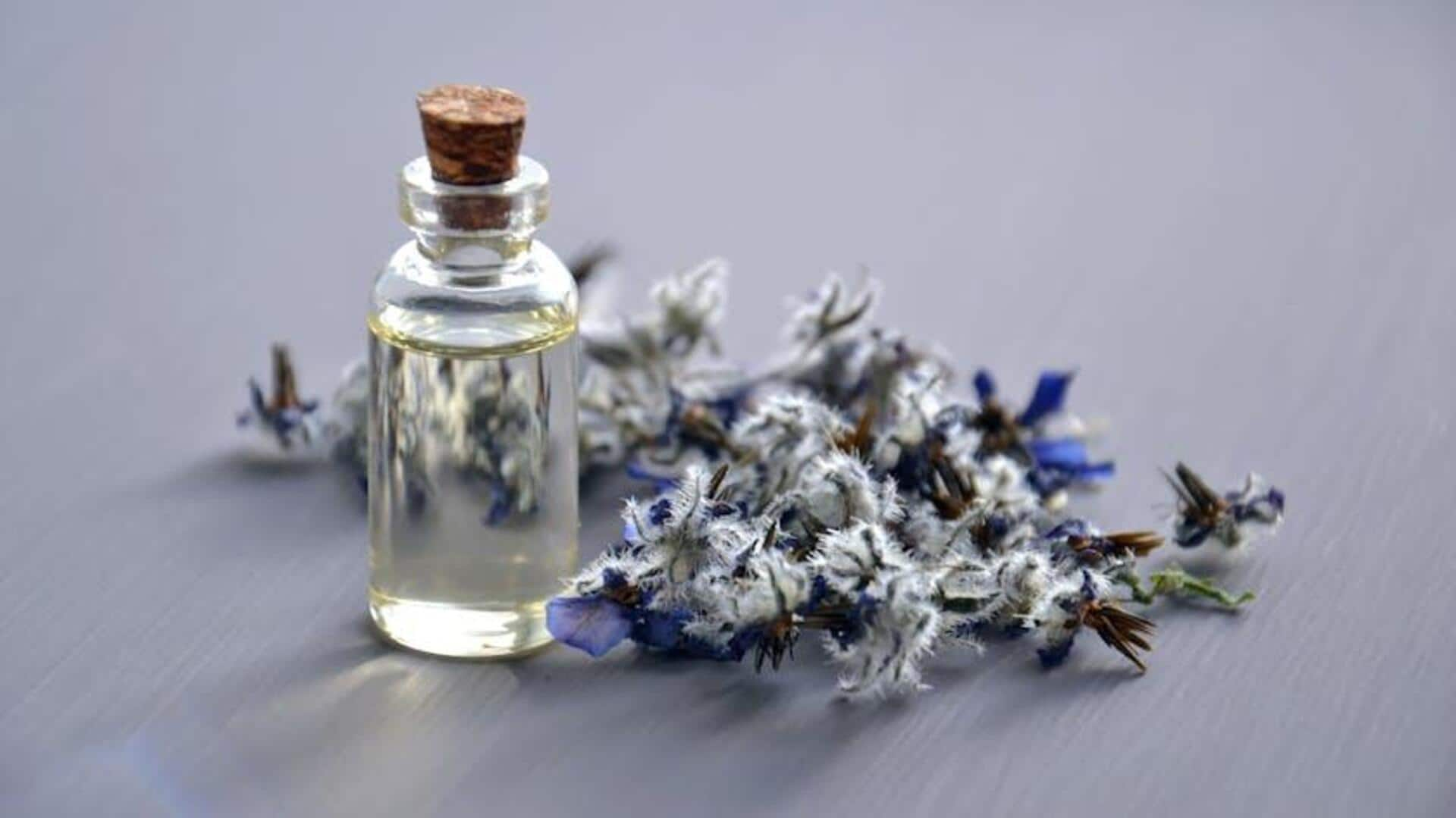
How to make essential oil blends at home
What's the story
Creating your own essential oil blends can be an easy and fun way to promote relaxation at home. With just a few ingredients, you can craft personalized scents that suit your taste and mood. This DIY guide will take you through the basics of making essential oil blends, giving you practical tips to start your aromatic journey. Whether you're a beginner or an experienced user, these insights will help you create calming environments with ease.
Tip 1
Choosing the right essential oils
Selecting the right essential oils is key to making effective blends. Lavender, chamomile, and bergamot are popular choices for their calming properties. It's important to consider how each oil complements the other. For example, lavender pairs well with bergamot to create a soothing aroma. Experimenting with different combinations can help you find the perfect mix that resonates with your personal preferences.
Tip 2
Understanding dilution ratios
Dilution is key when it comes to safely using essential oils. A common rule is to use one drop of essential oil per teaspoon of carrier oil (like coconut or jojoba oil). This ratio ensures that the blend is gentle on the skin while retaining its aromatic benefits. Adjusting dilution ratios according to personal sensitivity and usage methods (like topical application or diffusion) is recommended.
Tip 3
Blending techniques for beginners
Start by blending small amounts of each oil in a glass bottle or rollerball container. Begin with a base note like sandalwood or cedarwood, add middle notes such as lavender or geranium, and finish with top notes like lemon or peppermint. Shake gently to mix well before testing on a small area of skin if applying topically.
Tip 4
Storing your blends properly
Proper storage helps maintain the integrity of your essential oil blends over time. Keep them in dark glass bottles away from direct sunlight and heat sources to avoid degradation. Label each bottle clearly with its contents and date made for easy identification later on.